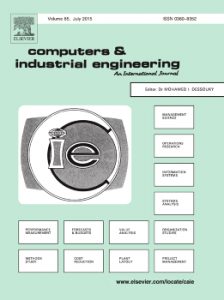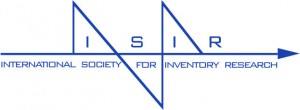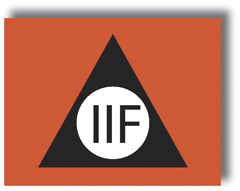Workforce demographics are changing. The cost of retaining skilled labor is becoming expensive, tasks more complex, and alternating between repetitive tasks is getting more common. Learning is primary in such environments and vital for the competitiveness of a firm.
Researchers have studied human learning (and its opposite phenomenon, forgetting) for many years acknowledging its complexity and its related processes. They have been interested in better understanding the types of human learning (e.g., cognitive vs. motor learning), the factors that influence it (e.g., task characteristics, interruptions in performing the task), and the environment within it occurs (individual learning vs. group learning vs. organizational learning), among others.
Starting with the seminal work of T.P. Wright, the first scientific approach to model learning in industry, researchers have also tried to formalize learning processes using so-called learning curves. In this context, they measure the reduction in the time required to complete a repetitive task. Forgetting curves, in contrast, measure the increase in task completion time following interruptions in the learning process. Learning and forgetting curves have been applied in many different areas, including production planning and control, military training, medical procedures, supplier selection, construction, manual order picking, technology management, maintenance, and more.
Learning and forgetting curve models are of high importance for manufacturing firms and can be valuable tools for managerial decision support. They can be applied as a performance measure, an aid in setting labor standards, or a forecasting tool, for example. In the literature, however, there especially seems to be a large research gap on new and innovative learning and forgetting curve models based on empirically collected data.
This special issue addresses this gap and aims to publish innovative approaches for the integration of learning and forgetting curves into mathematical models, simulation approaches or decision support models with a special focus on logistics and production and operations management. The special issue looks especially for works that develop quantitative models based on empirically collected data on learning and forgetting. In addition, authors are invited to submit novel applications of learning curves in particular for specific industries or environments (individual, group and organizational learning).
Topics may include, but are not limited to:
Learning in teams
Transfer of knowledge within groups and organizations
Learning in light of demographic changes
The impact of learning on human errors and quality
Opportunities that facilitate learning in firms
The stochastic nature of learning
Workforce cross training and flexibility issues in manufacturing
Learning, forgetting, and quality in projects
Learning in emerging areas and industries; e.g., additive manufacturing.
The editors of the special issue intend to publish a range of different topics and reserve the right to limit the number of papers included in any one topic.
Submission
Manuscripts should be submitted via Elsevier Editorial System http://ees.elsevier.com/caie/.
Please indicate in the Article Type “SI: Learning Curves”. Manuscripts should not have been previously published nor be currently under consideration for publication elsewhere. For Guide for Authors, please refer to the webpage:
http://www.elsevier.com/wps/find/journaldescription.cws_home/399/authorinstructions.
Deadline
The submission deadline is December 31, 2017. Submissions to the special issue will be processed immediately upon receipt. The Special Issue is scheduled for publication in 2018.
Special Issue Editors:
Prof. Christoph H. Glock, TU Darmstadt, Germany. Managing Guest Editor (glock@pscm.tudarmstadt.de) Dr. Eric H. Grosse, TU Darmstadt, Germany (grosse@pscm.tu-darmstadt.de) Prof. Mohamad Y. Jaber, Ryerson University, Canada (mjaber@ryerson.ca) Prof. Timothy L. Smunt, University of Wisconsin, USA (tsmunt@uwm.edu)



